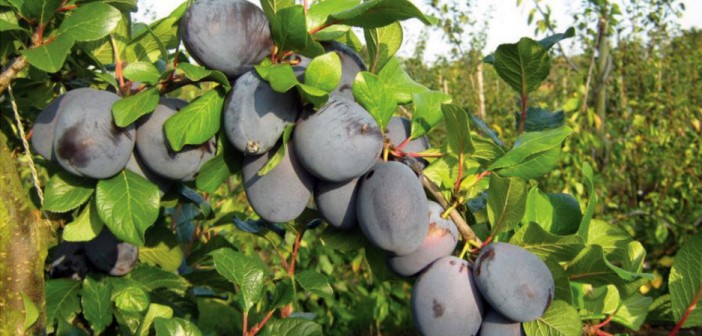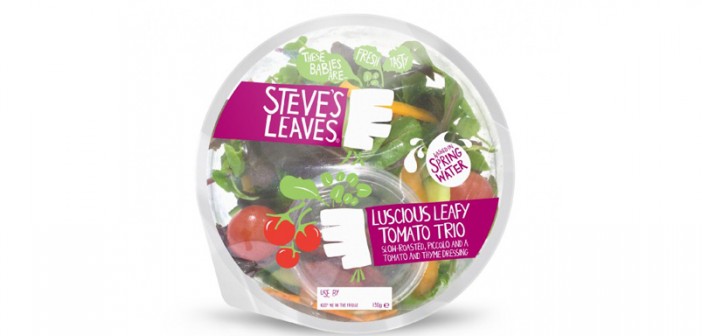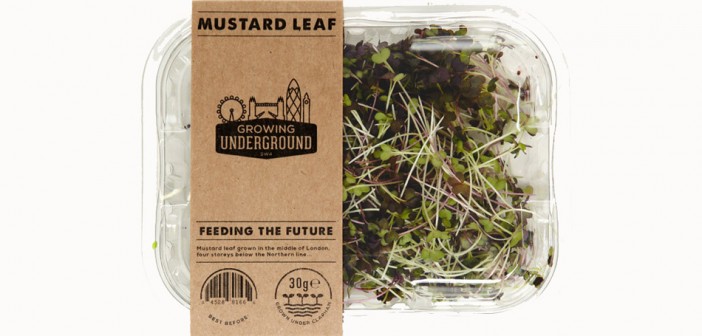The Soil Association wrote to the reappointed Defra Minister of State, Liz Truss, last month calling on her to establish a long-term plan to protect and improve UK soils.
The organisation also called on her to set a target to increase soil organic matter by 20% over the next 20 years. In her letter, Soil Association Chief Executive Helen Browning said, “As you will know, soils are vital to maintaining and lifting our productive capacity, as a habitat for 25% of all known species and in improving our resilience to climate change. Improving soil health requires a vision and understanding beyond the here and now, and so the start of a new term of office for the Government coinciding with the FAO’s International Year of Soils suggests that there has never been a better opportunity to establish a long term plan to improve our soils.”
As part of its Year of Soils the UN-backed Save Our Soils initiative has launched an ‘I Like Organic’ campaign on Facebook. According to the group, for every ‘like’ that the page receives, €5 from the Save Our Soils initiative will be released, enough to save 500m² of fertile soil.
Campaign founder Volkert Engelsman said: “With every ‘like’, financial support can be provided to help educate and support growers in developing sustainable farming practices and in saving soil fertility through the use of organic techniques.”

The post Soil Association calls for improvements to soil health appeared first on Hort News.




